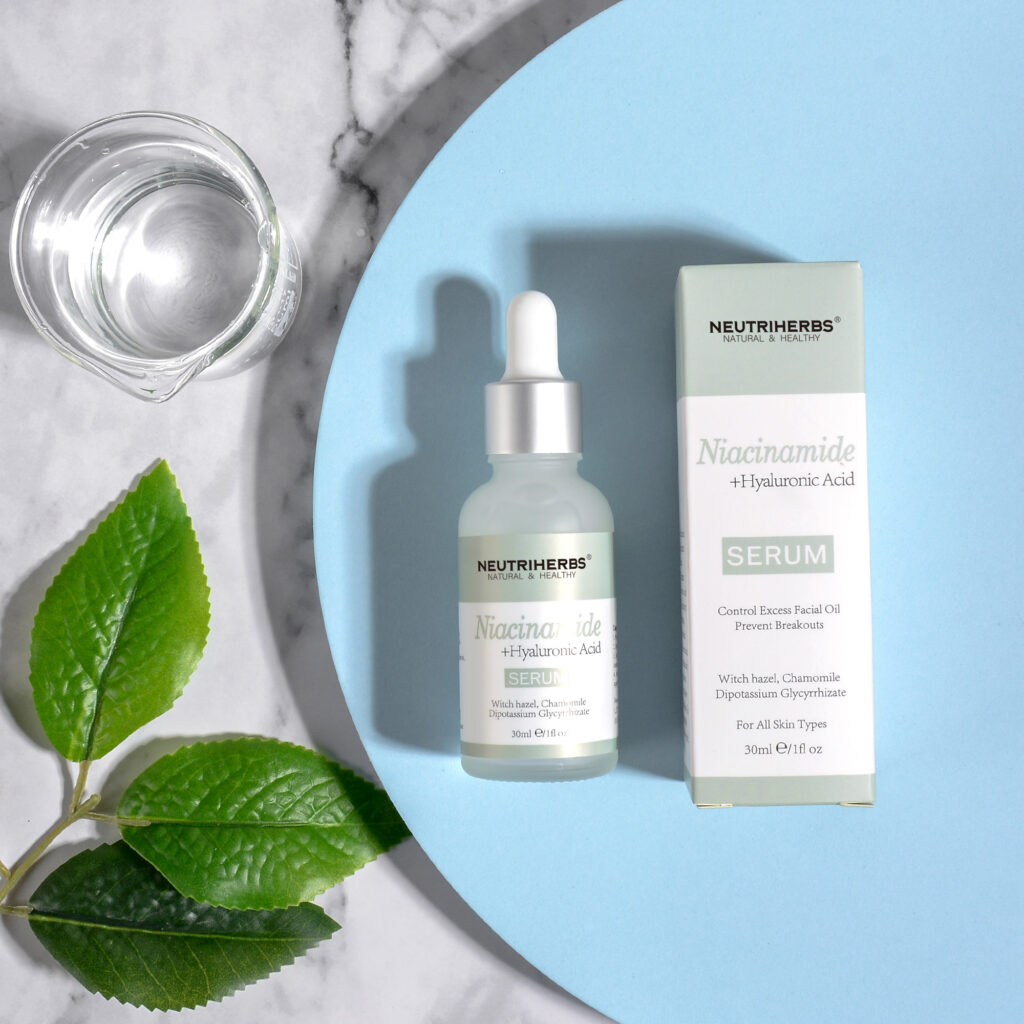Niacinamide is one of the most promising anti-aging ingredients of recent times. It has quickly gained scientific endorsement for treating multiple skin conditions, and honestly, it shouldn’t be missing from our facial routine. In this article we talk about the benefits of niacinamide, indicate which are the best products with niacinamide in serum or cream, and how to use them on the face, but first let’s understand what it is.
Niacinamide: What is it?
A form of vitamin B3, or niacin, is nicotinamide, often known as nicotinamide. The body needs vitamin B3 for proper operation, which can be supplied by nutrition.
Skincare items provide a lot of benefits. Because it is a stable and water-soluble molecule, you can find it in hydrating serums and creams. Unlike vitamin C, which needs an acidic pH to penetrate, it has a great ability to easily penetrate the epidermis at a neutral pH which does not irritate it.
In a nutshell, it is an inexpensive, pleasant, stable, and skin-friendly component. Additionally, as we will see later, it offers a lot of advantages for the skin.
Why is it needed?
Niacinamide and niacin both contribute significantly to the creation of cellular energy, which is required to carry out cellular operations and guarantee the body’s appropriate operation.
The crucial role of supplying energy for DNA synthesis, which prevents aging, the emergence of cancer, or cell death, is one of these duties. The activation of the coenzyme NAD, which is essential for the creation of ATP depends on niacinamide in particular (the energy molecule).
Age-related declines in NAD levels highlight the need for an additional supply.
Is niacinamide attainable by diet?
Niacinamide-containing serums and lotions offer the epidermis additional benefits. Only a small portion of this, which is given by blood arteries to the dermis (deep layers of the skin), can be acquired by eating. Nuts, green leafy vegetables, wheat, oats, fish, legumes, eggs, mushrooms, yeast, milk, Meat, liver, coffee, and tea are examples of foods that contain vitamin B3.
A disorder known as pellagra, which is characterized by diarrhea, dementia, and dermatitis, can result from diets lacking in vitamin B3. This demonstrates the significance of niacinamide in organs including the intestine, brain, and skin that demand substantial amounts of energy.
Niacinamide Products’ Skin Benefits: Research
The benefits of products with niacinamide on the skin are multiple:
- Protects against the damaging effect of the sun’s ultraviolet rays, reducing photoaging or the development of skin cancer
- Reduces wrinkles and increases skin elasticity
- Reduces skin pigmentation, blemishes, melasma, redness, and acne marks
- Helps in the treatment of acne by having anti-inflammatory and sebum control capacity
- Niacinamide protects against solar radiation and photoaging

